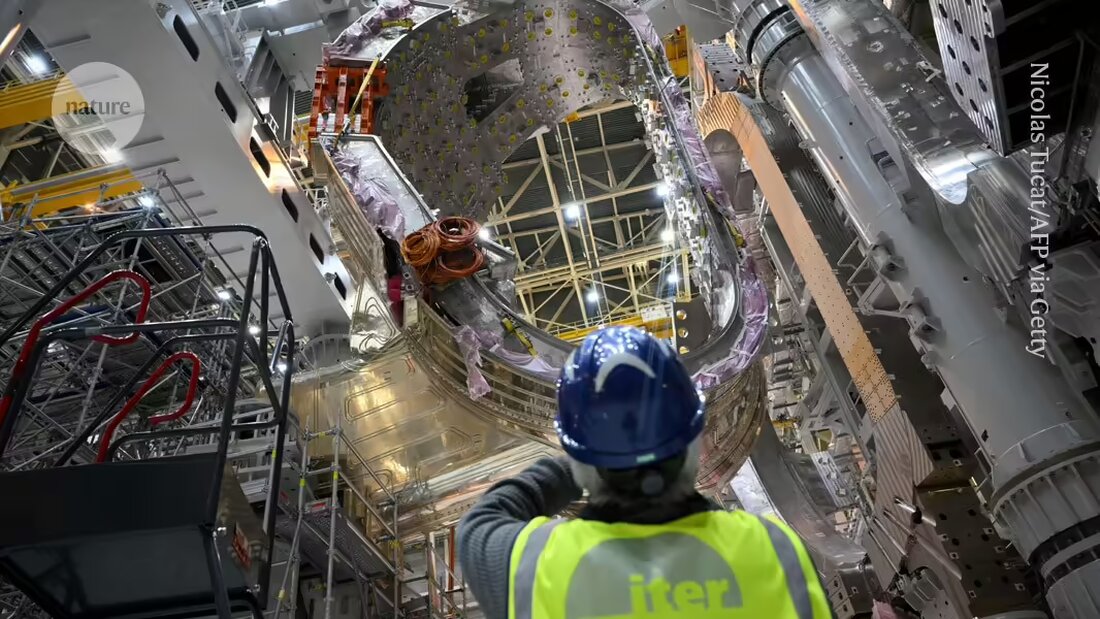ITER delay and its impact on nuclear fusion
Find out what the delay of the ITER project means for nuclear fusion and how it could affect the future of energy production. Stay up to date with the latest developments and gain valuable insights into nuclear fusion technology.

ITER delay and its impact on nuclear fusion
ITER has been a highly anticipated project for the nuclear fusion community. It is a mega-science experiment that aims to demonstrate the feasibility of fusion as a large-scale and carbon-free source of energy. However, the project has faced numerous delays over the years, pushing back its estimated completion date.
The recent announcement of further delays in the ITER project has raised concerns among nuclear fusion enthusiasts. The main reason for the delay is the complexity of the project, as well as technical challenges that have arisen during its construction.
So, what does this delay mean for the future of nuclear fusion? It certainly highlights the difficulties and uncertainties involved in developing fusion energy technology. While some see the delays as a setback, others argue that they are necessary to ensure the safety and success of the project in the long run.
Despite the setbacks, ITER remains a crucial step in the advancement of nuclear fusion research. It is the largest and most ambitious fusion project to date, involving cooperation among 35 countries. The knowledge gained from ITER will be invaluable in moving towards the goal of commercial fusion energy.
In conclusion, while the delays in the ITER project are disappointing, they are not unexpected given the complexity of the task at hand. It is imperative to continue supporting and investing in fusion research to overcome these challenges and make nuclear fusion a reality.

 Suche
Suche
 Mein Konto
Mein Konto
